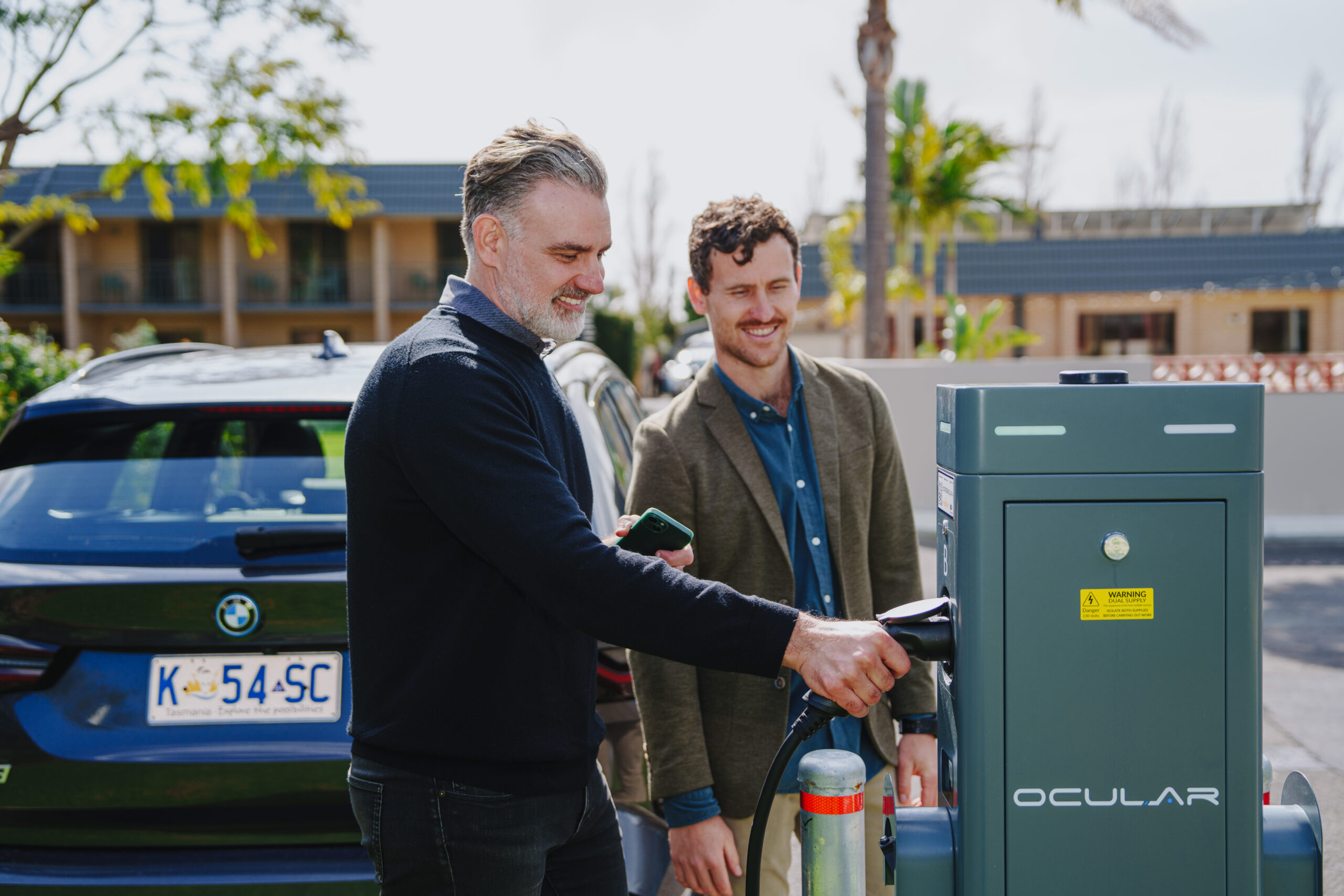Government Incentives for EV Chargers and EV Charging in NZ

The shift toward sustainable transport is gaining momentum in New Zealand, and electric vehicles (EVs) are at the forefront of this change. While the benefits of driving an EV – lower running costs, reduced emissions, and a quieter ride, are widely recognised, one of the key factors that encourages adoption is the support offered by the government. In recent years, the New Zealand government has introduced a range of rebates, grants, and financial incentives to make EV chargers more accessible for both homeowners and businesses.
If you’re considering investing in EV charging infrastructure, understanding these incentives can help you reduce costs and make the transition to electric transport even smoother.
Why Incentives Matter for EV Charging in NZ?
Installing an EV charger at home or in a workplace is an upfront investment. Incentives play a vital role in reducing those costs while encouraging wider adoption of electric vehicles across the country. These initiatives aim to:
- Support New Zealand’s goal of reducing greenhouse gas emissions.
- Encourage businesses to adopt green transport solutions.
- Make it easier for homeowners to install EV chargers in their garages or driveways.
- Expand the national charging network to support long-distance travel.
Low Emission Transport Fund (LETF)
The Low Emission Transport Fund (LETF), administered by the Energy Efficiency and Conservation Authority (EECA), is one of the most significant government initiatives. The fund supports projects that accelerate the uptake of low-emission vehicles and charging solutions.
For businesses, this means there is potential financial support to install EV chargers in commercial settings, such as workplaces, retail carparks, and fleet depots. The LETF regularly opens funding rounds where applicants can secure co-funding for EV charging projects.
For the latest updates and to apply, you can visit the EECA website.
Public EV Charging Infrastructure Funding
To ensure nationwide access to charging, the government has been co-investing in public charging stations across New Zealand. This funding helps install EV chargers in high-demand areas such as highways, regional towns, and city centres. For drivers, this provides reassurance that charging options are available not just in major cities, but also along travel routes.
This initiative also supports businesses that want to host public EV charging stations, often in partnership with private providers.
Support for Businesses Installing EV Chargers
Businesses are at the centre of New Zealand’s transition to electric mobility. Financial incentives are available for organisations that:
- Provide workplace EV charging for staff.
- Invest in fleet electrification and depot charging.
- Install public EV chargers as part of customer service offerings.
By tapping into government co-funding through schemes like the LETF, businesses can offset installation costs while also improving their sustainability profile. This can also serve as a competitive advantage, showing customers and employees that the business is committed to reducing its carbon footprint.
Local Government and Regional Initiatives
Beyond central government incentives, many councils and regional authorities are investing in EV charging infrastructure. Some councils provide co-funding for local businesses or offer grants for community-based charging projects. Others are working with private providers to roll out fast chargers in urban and rural locations.
To explore what’s available in your area, check your local council’s website or browse updates on the New Zealand Transport Agency (NZTA) site.
Residential Benefits of Installing EV Chargers
For homeowners, installing a dedicated EV charger offers long-term savings and convenience. While there are currently fewer direct rebates for residential chargers compared to business incentives, the overall reduction in fuel and maintenance costs makes installing a home charger a smart financial decision.
Government policy continues to focus on making EV charging more convenient nationwide, which indirectly benefits homeowners by increasing confidence in EV ownership.
The Future of EV Charging Incentives
While some rebates like the Clean Car Discount have ended, New Zealand’s direction is clear: continued investment in EV charging infrastructure and incentives for businesses and councils to lead the way. With international pressure to reduce emissions and meet climate targets, further funding and new programs will likely emerge in the coming years.
For both homeowners and businesses, now is the time to take advantage of current funding opportunities and prepare for a greener, electrified future.
Power Your Future with EV Charging
New Zealand is moving rapidly toward a sustainable transport future, and the government is making it easier than ever to join the journey. From direct rebates for residential chargers to co-funding opportunities through EECA, there are multiple ways to reduce the upfront cost of installing EV chargers.
If you’re a homeowner, a workplace, or a business looking to provide EV charging facilities, these incentives can help you make the switch with confidence. With lower running costs, long-term savings, and government support, now is the perfect time to install an EV charger and enjoy the convenience of charging where you live or work.
Don’t wait for the future to arrive, take charge today. Explore available rebates, connect with your local council, and partner with EVSE for reliable EV charging solutions backed by expert guidance and installation support. The road ahead is electric, and with EVSE by your side, your decision to install an EV charger will make a lasting impact on your lifestyle, business, and New Zealand’s sustainability goals.


